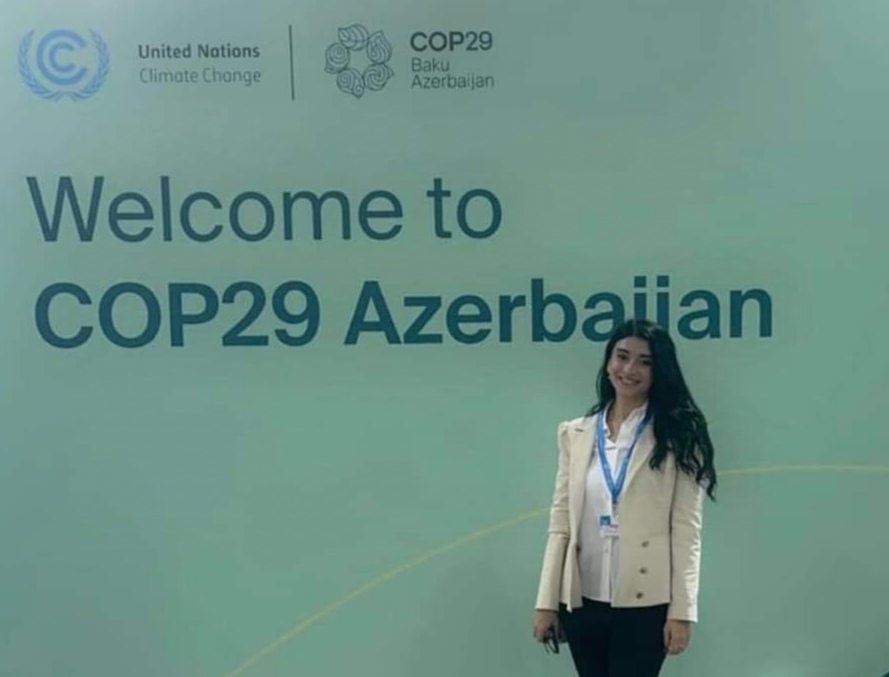As the COP 29 climate summit unfolds in Baku, Azerbaijan, 20 youth delegates from South Asia, supported by UNICEF, have made an urgent call for climate action to protect the future of their generation. Representing young voices from Nepal, Bangladesh, India, Maldives, Pakistan, and Sri Lanka, these delegates are advocating for comprehensive climate policies that prioritize the needs of children and youth.
The South Asian delegates’ message comes at a critical time, as UNICEF's 2021 Children’s Climate Risk Index warns that young people in Afghanistan, Bangladesh, India, and Pakistan face "extremely high risk" from climate-related threats, including exposure to hazardous air pollution and frequent heatwaves. In July 2024, devastating floods across South Asia left over 6 million children at risk.
Fourteen-year-old Zunaira Qayyum from Pakistan shared her personal experience with climate impacts, recalling how floods and heatwaves have become routine and deeply disruptive. “Climate change is a child rights crisis,” Zunaira said. Her own award-winning research documents the impact of floods on girls’ education in Balochistan, amplifying the voices of countless girls affected by these crises.
The urgency of climate action is echoed by youth delegates across the region. Manisha Arya, a 23-year-old delegate from India’s Himalayan region, voiced her concern over the loss of snow in her hometown, which has heightened the risk of landslides, affecting local communities and livelihoods. “Rising temperatures and unchecked development have left our lives precarious,” Manisha said, underscoring the need for government intervention.
Youth consultations held across South Asia in 2024 culminated in powerful statements and demands for urgent action. In Nepal, approximately 500 youth leaders issued a joint statement in August, calling for an inclusive climate policy framework that actively involves children and youth. Their slogan, “Nothing about us, without us,” emphasizes the need for genuine representation in climate decision-making.
“The time to act is running out,” said Fathimah Muhammad Ahmed, a delegate from the Maldives. She voiced her fears about the future of her island nation, which faces severe threats from rising sea levels. “We cannot wait any longer,” she said, urging leaders to protect their homes and cultural heritage.
UNICEF Regional Director for South Asia, Sanjay Wijesekera, highlighted the crucial role of youth in shaping climate solutions. “Climate change is reshaping children’s lives every day,” Wijesekera said, emphasizing that world leaders at COP 29 must take decisive action to prioritize young people’s needs.
Youth Delegates’ Key Demands:
1. Representation in Climate Policy: Youth call for seats at decision-making tables and inclusion in climate negotiations to ensure policies address their needs.
2. Prioritizing Children and Youth in NDC 3.0: South Asian youth urge governments to include their concerns in the latest round of Nationally Determined Contributions.
3. Funding for Climate Adaptation: Investment in adaptation programs that address vulnerabilities in education, health, and livelihoods.
4. Reducing Air Pollution: Adopting clean energy initiatives to reduce pollution and protect children’s health.
5. Skill-Building for the Future: Expanding training and education programs to equip young people with the skills needed for sustainable development.

The youth delegates stand united in their call for action, reminding leaders that "the time for half-measures is over." At COP 29, they continue to advocate passionately, with a resounding message: the future of South Asia’s young generation depends on the decisions made today.